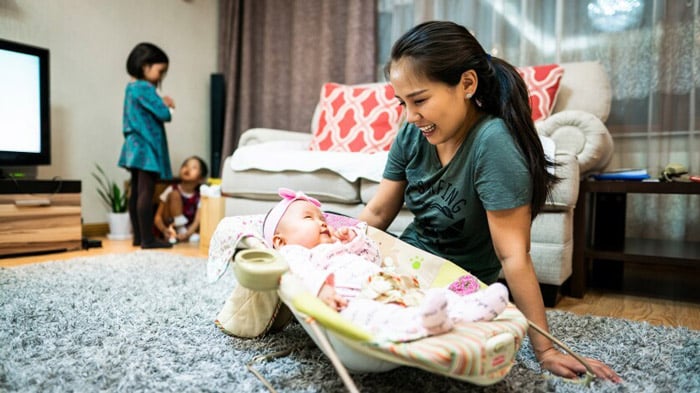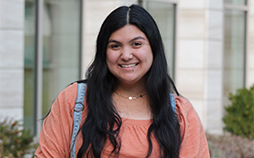Social Connection Is Vital to Physical Health
New BYU research shows most people, including doctors, still underestimate social connection.
April 2024

A study from BYU finds that a family’s religious beliefs and practices are catalysts promoting hope for the future and hope to manage challenges.
To understand the relationship between religious beliefs and hope within family relations, researchers carefully analyzed in-depth interviews with nearly 200 religious families who represented many branches within the Abrahamic faiths (Christianity, Judaism, Islam), with varying socioeconomic, racial, and ethnic backgrounds. Participants were asked a series of questions about their family processes and religion in family life. While none of the questions inquired directly about hope, the responses often referenced it.
The findings from the study, published in the journal Family Relations, underscore the role that religion can play in nurturing hope within a family. Participants spoke about their faith as a wellspring of hope, coming from their belief in God’s active involvement in their lives and their conviction in an afterlife. Religious practices such as scripture reading and worship services further solidified their sense of hope, regardless of religious denomination.
“One of the main things I take away from this study is how much commonality there is across faiths,” says David Dollahite, coauthor and BYU family life professor. “The overarching message from our research is that faith and religion and belief, when taken seriously, produce profound similarities, including increased hope for the future and hope in God’s plan for their family.”
Justin Hendricks, a PhD student at Penn State who worked on this project as a BYU undergrad, says, “This research taught me essential and practical data analysis skills that have enabled me to lead out on several projects since then.”
Researchers identified four main themes about belief and hope within families: faith and religious belief prompt hope, religious practices inspire hope, hope can be a familial trait, and hope builds resilience.
Notably, in 39 percent of the hope-related discussions, participants saw hope as a familial trait—a collective “our hope.” Dollahite says, “While there have been news stories about the epidemic of loneliness in society, our research shows that . . . faith and family are a powerful antidote to loneliness.”

New BYU research shows most people, including doctors, still underestimate social connection.

A donor-funded research trip to Egypt transformed Madeline Swapp’s worldview, faith, and future in medicine and service.

Emily Dana wants to help others, and she says researching how parental support affects the mental health of children is a perfect fit for her.